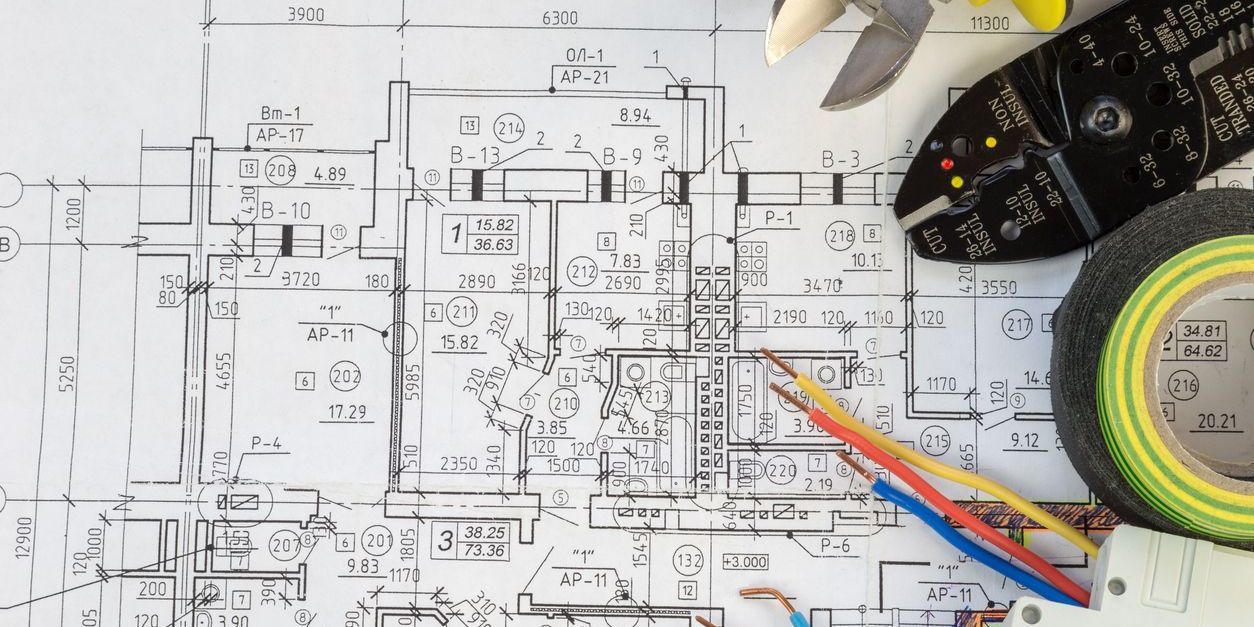What is an Electrical Engineering Technician?
An electrical engineering technician works alongside electrical engineers to help design, develop, and maintain electrical systems and equipment. Their job focuses on applying engineering principles to support engineers in creating new technologies or improving existing ones. Electrical engineering technicians assist in tasks like testing prototypes, troubleshooting electrical systems, and gathering data for engineering projects.
These technicians typically work with more complex equipment and systems compared to general electrical technicians. They often perform technical tasks such as running simulations, interpreting blueprints, and conducting experiments to test electrical components. They may also help ensure that electrical systems meet safety standards and are functioning efficiently.
What does an Electrical Engineering Technician do?

Duties and Responsibilities
The duties and responsibilities of an electrical engineering technician involve supporting engineers in the design, testing, and maintenance of electrical systems and equipment.
- Assisting in Design and Development: Electrical engineering technicians help electrical engineers design, develop, and test electrical systems, components, and equipment. They may assist in creating prototypes, conducting simulations, and modifying designs based on test results.
- Testing and Troubleshooting: They perform tests on electrical equipment and systems to ensure they function correctly. They troubleshoot problems, identify issues in circuits or components, and make necessary repairs or adjustments to improve performance.
- Preparing Technical Documentation: Electrical engineering technicians are responsible for documenting their work, which can include writing reports, creating technical drawings, and recording test results. This documentation is vital for engineers and for ensuring the systems meet required standards.
- Setting Up and Maintaining Equipment: They may set up and maintain testing equipment, machinery, or electrical systems. This includes configuring devices, running maintenance checks, and ensuring all systems operate according to specifications.
- Collaborating with Engineers and Teams: They often work closely with engineers to relay information, provide insights from tests, and assist with problem-solving during development stages. They may also work with other technicians and support staff to complete projects.
Types of Electrical Engineering Technicians
The following technicians apply their knowledge of electrical engineering principles to practical applications, assisting engineers in creating and maintaining electrical systems and technologies.
- Control Systems Technician: Specializes in designing, testing, and maintaining control systems, including automated machinery and equipment used in industrial processes.
- Power Systems Technician: Focuses on the design, installation, and maintenance of power generation, transmission, and distribution systems, ensuring the reliable delivery of electricity.
- Electronics Technician: Works with the design, development, and testing of electronic components such as microprocessors, circuit boards, and signal systems.
- Instrumentation Technician: Specializes in the installation, calibration, and maintenance of instruments that measure and control variables such as temperature, pressure, or flow within industrial and manufacturing systems.
- Telecommunications Technician: Works with electrical systems used in telecommunications, including the installation and maintenance of networks, satellite systems, and communication equipment.
Electrical engineering technicians have distinct personalities. Think you might match up? Take the free career test to find out if electrical engineering technician is one of your top career matches. Take the free test now Learn more about the career test
What is the workplace of an Electrical Engineering Technician like?
The workplace of an electrical engineering technician typically involves both office and hands-on environments. Technicians may work in laboratories, factories, or power plants where they help test, maintain, or repair electrical equipment and systems. These settings can vary depending on the specific type of electrical engineering technician, such as working with control systems, power generation, or electronics. Workstations are usually equipped with tools, computers, and testing equipment to help analyze and troubleshoot electrical systems.
Electrical engineering technicians often collaborate closely with engineers and other technical professionals. In this setting, they might help engineers by conducting tests, calibrating systems, or designing prototypes. They may also work on construction sites, inspecting installations, or ensuring that systems are up to code. Safety is a priority in these workplaces, especially in environments with high-voltage equipment, which requires adherence to safety regulations and procedures.
Work environments can sometimes be physically demanding, especially for technicians working in industrial or outdoor settings. Depending on the job, it may require working in confined spaces, elevated areas, or handling heavy equipment. However, most workplaces strive to maintain safe conditions, providing necessary safety gear and guidelines to minimize risks.
Frequently Asked Questions
Electrical Technician vs Electrical Engineering Technician
Electrical technicians and electrical engineering technicians play key roles in the electrical field, but their responsibilities and the level of education required can differ. Here's a comparison of both careers:
Electrical Technician: An electrical technician focuses on hands-on work with electrical systems and equipment. They are responsible for installing, maintaining, and repairing electrical components in residential, commercial, or industrial settings. They typically follow blueprints or technical diagrams, troubleshoot problems, and ensure safety standards are met while working with electrical systems. This role often involves working with wires, circuits, and control panels. Electrical technicians often complete a Certificate or Associate Degree in Electrical Technology, which provides the technical skills needed for this practical, on-site work.
Electrical Engineering Technician: An electrical engineering technician works closely with electrical engineers to develop, test, and implement electrical systems and equipment. They focus more on the design and analysis of electrical components and systems, applying engineering principles to assist in creating effective solutions. They might perform tasks like building prototypes, testing electrical systems, or assisting with the design of electronic systems. This role typically requires more specialized knowledge and often involves completing an Associate Degree in Electrical Engineering Technology, as it is more closely tied to the engineering and design process.